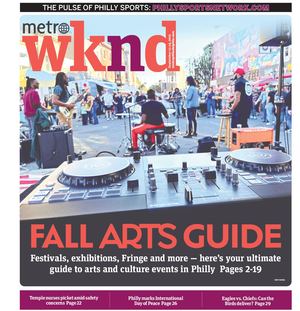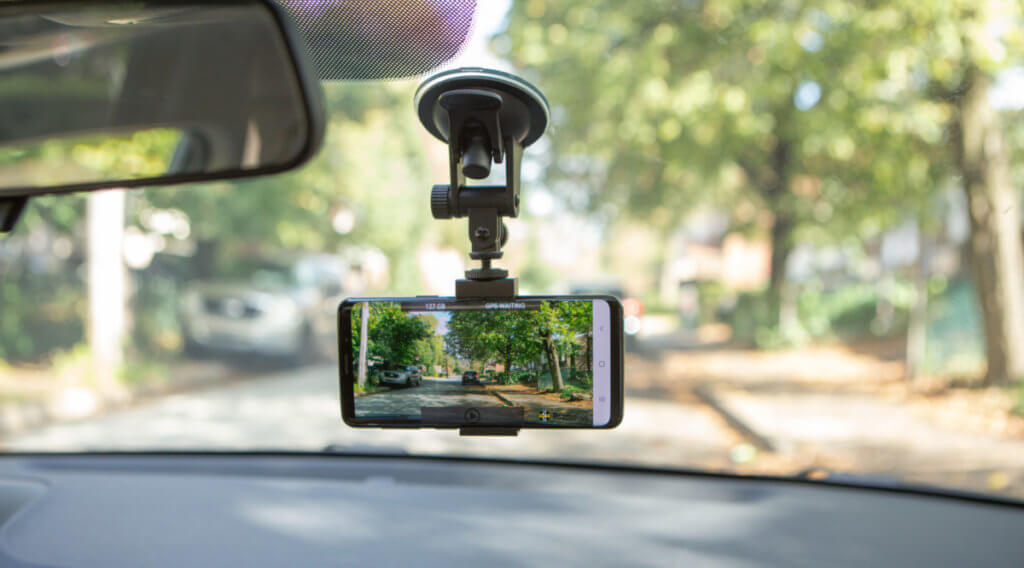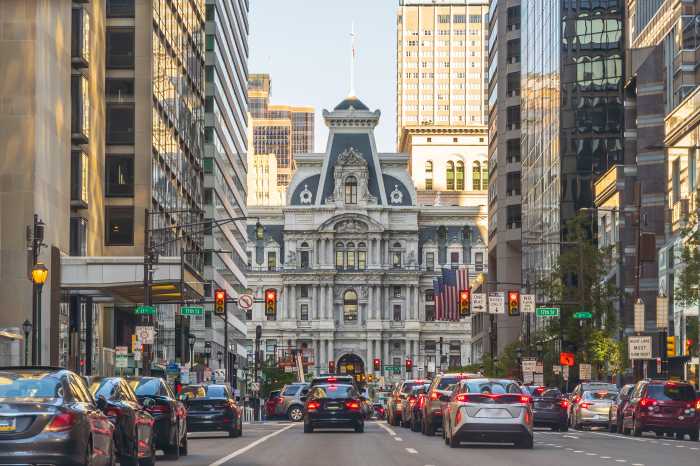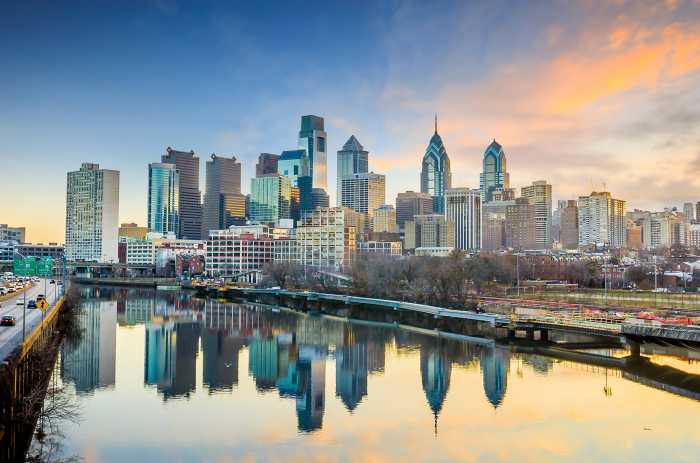It wasn’t exactly a surprise to Benjamin Schmidt when Philadelphia drivers scoffed at his company’s study, which showed that the city’s roads were in better condition than 19 other major cities.
Residents of every city, state and town believe their streets are the worst, especially if you ask them right after they have hit a nasty pothole, he said.
“You only pay attention to infrastructure when it doesn’t work,” said Schmidt, CEO and co-founder of RoadBotics, a Pittsburgh-based tech company that used artificial intelligence to complete the analysis.
Philadelphia finished atop the leaderboard, besting New York City, Washington, D.C, and San Francisco, among others.
The study was backed by the U.S. Chamber of Commerce Foundation, which was interested in the connection between road conditions and economic vitality as the country attempts to recover from the coronavirus pandemic.
Schmidt said a lot of factors determine the condition of roadways, and there’s not enough data to figure out how Philadelphia came out with the best score.
A spokesperson for the city’s Streets Department pointed to Mayor Jim Kenney’s commitment to road repairs, citing his plan to spend $100 million over the next two years resurfacing streets and installing curb ramps.
“Our goal in executing safe travel for all is to achieve zero traffic deaths and making sure travel is convenient for those walking, cycling, driving automobiles, riding public transportation, or delivering goods,” the spokesperson said in an emailed statement. “We are thrilled to receive the recognition in the US Chamber Foundation’s report.”
RoadBotics, it should be noted, only analyzed 75 miles of road in each of the 20 cities, focusing on the downtown business districts, so the study is not a comprehensive look at the entirety of Philadelphia.
To gather the data, the firm mounted a smartphone to the windshield of a vehicle and drove around, collecting video of the road.
Then, the footage was uploaded to the company’s AI software, which inspects the street in 10-foot increments, looking for potholes, cracks and other distresses. The technology assigns a score and creates a color-coded map.
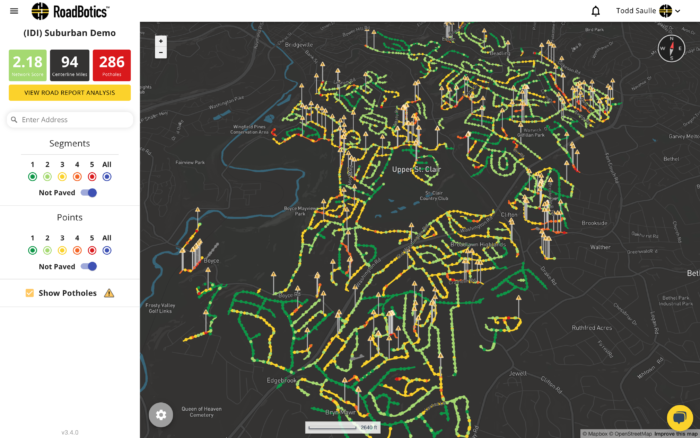
Schmidt said using AI can give cities a better picture of their streets and is quicker and more cost effective than traditional techniques, which usually involve a mix of surveys and complaints from the public.
“Infrastructure management is incredibly difficult because it’s huge, and it’s expensive, which makes it very difficult to maintain,” he said.
RoadBotics believes AI can be utilized to assess other aspects of infrastructure, like bridges and railways. The four-and-a-half-year-old company is hoping to get in on whatever comes out of infrastructure talks in Washington.
Earlier this week, a bipartisan group of senators introduced a $1 trillion federal package that would devote $110 billion in new spending toward roads and bridges.
“I really genuinely hope our first step is let’s learn about what’s going on and then use those dollars as wisely as we can,” Schmidt said.
